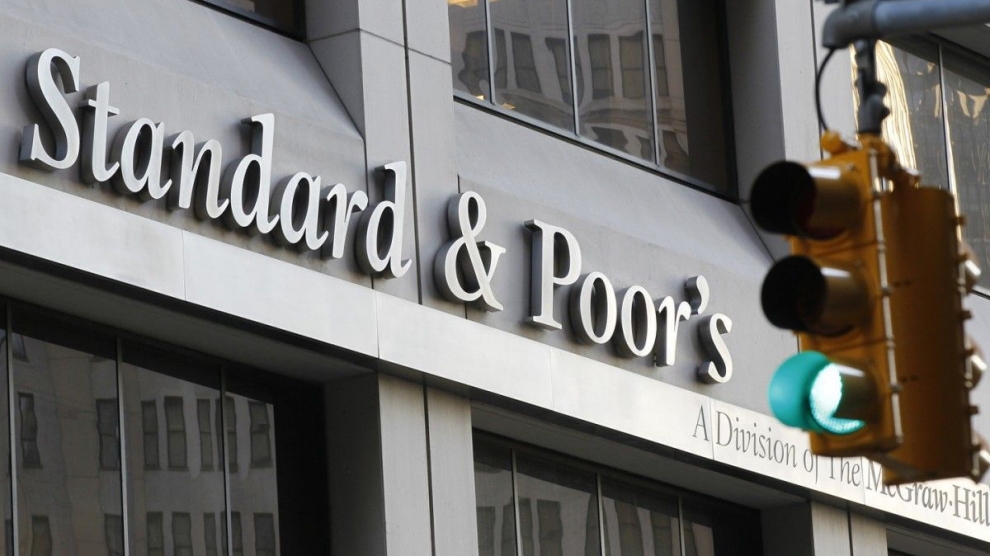US-based international credit ratings agency Standard & Poor’s (S&P) has decided to revise Bulgaria’s long- and short-term foreign and local currency sovereign credit ratings from BBB/A-3 to BBB/A-2 with a stable economic outlook, as well as to upgrade its transfer and convertibility assessment from A- to A.
“The positive outlook reflects Bulgaria’s progressively strengthening fiscal and external position, which we project to continue as the country grows resiliently in a weaker external economy,” S&P said in a statement, adding that “ow government and private-sector debt, and the recent current account surpluses that facilitated external deleveraging, provide Bulgaria with buffers if an external shock were to arise.”
Discussing Bulgaria’s bid to introduce the Euro, the ratings agency says that Bulgaria has completed its own deliverables under the country’s action plan towards ERM II, the Eurozone’s waiting room and the EU’s Banking Union membership, “but the ultimate accession decision is not fully in its control.”
“We believe that institutional convergence has progressed, for example through the alignment of legislation, the implementation of EU legislation on the central bank and macro-prudential supervision, amending the insolvency framework, the framework for state-owned enterprise (SOE) management, non-banking supervision, and the anti-money-laundering framework,” S&P’s analysts noted.
S&P expects that the growth rate of the Bulgarian economy will slow from 2020, but will remain supported by domestic demand. Bulgaria’s GDP is projected to grow by 3.6 per cent this year, three per cent in 2020 and 2.9 per cent in both 2021 and 2022.
The ratings agency projects a historically low unemployment rate of 4.4 per cent in 2019, however, adds that “employment growth will fade due to Bulgaria’s shrinking working age population” which poses risks on potential growth.
“Low government and private-sector debt, and the recent current account surpluses that facilitated external deleveraging, provide Bulgaria with buffers if an external shock were to arise,” wrote the Sofia News Agency quoting the reaction of Bulgarian finance minister Vladislav Goranov.

